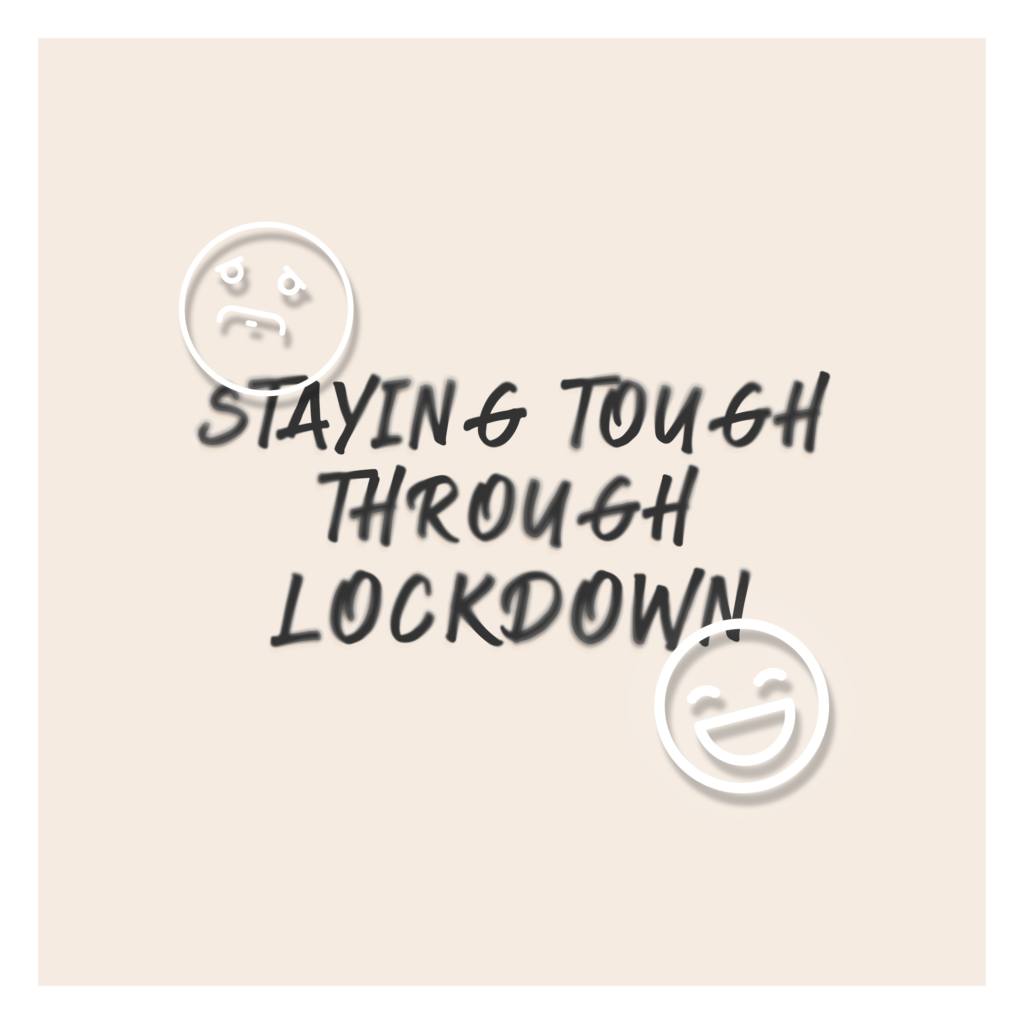
Tan "Caifan" Wei Ying
Wei Ying is a mixed vegetables rice connoisseur who can solve a Rubik’s cube while squatting his max. He is also an associate Psychologist who did his thesis on music in powerlifting at NUS. His keen interest in muscle dysmorphia (bigorexia) and sports psychology inspires him to bring more awareness on sports psychology and mental health into the realm of resistance training. With 8 years of experience in powerlifting, Wei Ying has contributed greatly to the community as the current President of Powerlifting NUS, the Vice-President of TheGymNation, an IPF referee. He also organized the first-ever Test of Strength (2018).
Disclaimer:
The goal of this article is not to teach you what exercises to do during lockdown or what equipment you should buy, so your deadlift gains can be preserved. This article’s aim is to help you through this tough time, should you be unable to gain access to a half decent set-up. We will go over re-calibrating our goals and identity as an athlete, and some self-care activities that will tide us over this period.
Introduction
COVID-19 has been here far too long and it has affected athletes all over the world. We have been unable to compete, experienced social isolation, been denied access to decent training facilities, and miss our gym crew (Schinke et al., 2020). And now, it seems like an all too familiar story of gyms in Singapore closing once again. Sure, in the grand scheme of things, not being able to lift weights cannot be compared to other ‘real’ problems, like job security or having food on the table. To most, going to the gym might be a privilege, but many of us view it as a necessity – it is an outlet for us to vent the various frustrations of life. Stress does not discriminate and it is completely fine to feel the unjust. Going to the gym is something that we have gotten so accustomed to and is a part of our daily routine – to have it forcefully removed, not once, not twice, but three times puts us completely in disarray.
Why is our hobby being targeted??? Why are gyms always the first to close??? How am I supposed to make gains??? These are questions that have definitely flashed across our minds, and they are completely valid. We understand that the closure of gyms are warranted, as it is for the greater good of public health. However, that does not make our emotions any less valid or selfish. You have the right to be frustrated too, and that is okay.
Some of us have adapted to the previous lockdowns by purchasing our very own home gym. Kudos to you, and I am glad that you have the ability and/or space to do so. However, not all of us share that same privilege. Moreover, home gyms are not the most ideal, as there are many restrictions such as being unable to deadlift, lifting with a bendy bar, not having the same atmosphere without our friends and gym buddies. This leaves us wondering, how do we cope with what’s next?
Athlete Identity
Firstly, ask yourself this – who are you? Aside from being a powerlifter (or however you wish to identify), who are you outside of the gym? The first step would be to refrain from looking at yourself through the lens of an athlete. You are more than an athlete. This has been reinforced by others around us, and we have dedicated much of our training careers to moulding this identity; skipping out on meeting friends because you have to train; having your relatives refer to you as the muscular one; and even by other powerlifters around us. Our dedication to hone this identity of ours might have led to other aspects of our life being neglected. We experience this rude awakening because part of our identity has been impacted and we seem lost, not knowing who we are outside of powerlifting. Know that you are more than just a powerlifter. Take this time to rediscover who we are – perhaps a brother, a daughter, or a friend? Identify what are the other aspects of your life that you value, and live life according to those values.
Goals
While we might be glued onto the fact that our gains are going to decrease, it definitely isn’t helpful to do so. Try to remember what happened during the last lockdown – how much strength you lost, what was effective in maintaining strength; and what exercises you enjoyed doing. Understand that while your main lifts are likely to suffer, strength and muscle aren’t lost overnight. The motor patterns, hypertrophy, and strength are most likely not going to completely disappear during this period.
Recalibrating our goals based on these experiences can help us through the current lockdown. While you might not be able to deadlift, there are other exercises and variations that you can perform at home. Set targets and goals for these exercises instead. For example, if taking walks is a form of movement you enjoy, set long and short term goals to work towards while waiting for the gyms to reopen. Remember, to improve effectiveness of goal-setting, set S.M.A.R.T. goals. Give the article on setting goals a read here. Focus on the positives (walking for 1 hour straight vs. not taking breaks every 10 minutes), and adding process, performance, and outcome goals while doing so. While these exercises might not be directly beneficial, having these goals can help take our minds off Powerlifting and give us something to look forward to everyday.
Self-care
While most of us enjoy appearing mentally tough and do not require any help from others, sometimes, it is okay to admit that you’re not okay. The incidence of mental health issues have been shown to be equal or higher in athletes as compared to the general population (NCAA, 2014). In sports with defined weight classes, there is an increased risk of disordered eating as well (Smolak et al., 2020). With a lack of movement during this lockdown period, weight gain is to be expected, especially when eating the same amount of calories as you would when you were training consistently. Dealing with both weight gain and the inability to train can be really frustrating. Weigh (pun intended) the pros and cons here – would you rather diet now and risk losing even more muscle, or eat at maintenance and eventually shed the extra pounds off when the gym reopens? This decision isn’t easy by any means, but know that you can lose whatever you gain, and vice versa.
Be kind to yourself. It’s fine to take a look at your lifting videos every now and then to reminisce, but recognize that reality is as such and that only time will allow us to return back to our normal form. Take this time to treat yourself – what have you always wanted to do, but weren’t able to do because of training? Sleep more, take walks in nature, and eating more nutrient rich food, and perhaps even keep a journal to reflect on the things that you are grateful for on a day-to-day basis.
Try maintaining some of your regular routines, but also take time to check-in with your body to see how you’re feeling. If you need a sports massage, this would be the perfect time to get one without having to sacrifice training for rest…
Conclusion
This is a difficult period for all of us, including coaches and gym-owners, as we are unable to carry on our life as usual. It never gets any easier, but as highlighted above, we can find a way to work around the restrictions by being flexible in our goals, exploring other aspects of our identity, and being kinder to ourselves. Should you feel overwhelmed by the entirety of the situation and are unable to cope, do seek the help of a mental health professional. We have linked a few hotlines below if you need to speak to someone.
We can also do our part for the safe reopening of Singapore by adhering to the safe management measures and get vaccinated! Take care, stay safe, and see you in the gym when it reopens!
National Care Hotline: 1800-202-6868 (8am-12am Daily)
TOUCHline (Counselling): 1800-377-2252
BELLE (Beyond the Label helpbot): go.gov.sg/hotlines
References
NCAA. (2014). NCAA student-athlete substance use study: Executive summary August 2014.
Schinke R, Papaioannou A, Henriksen K, Si G, Zhang L, Haberl P (2020) Sport psychology services to high performance athletes during COVID-19. Int J Sport Exerc Psychol. https://doi.org/10.1080/1612197X.2020.1754616
Smolak, L., Murnen, S. K., & Ruble, A. E. (2000). Female athletes and eating problems: A meta-analysis. International Journal of Eating Disorders, 27, 371–380.

